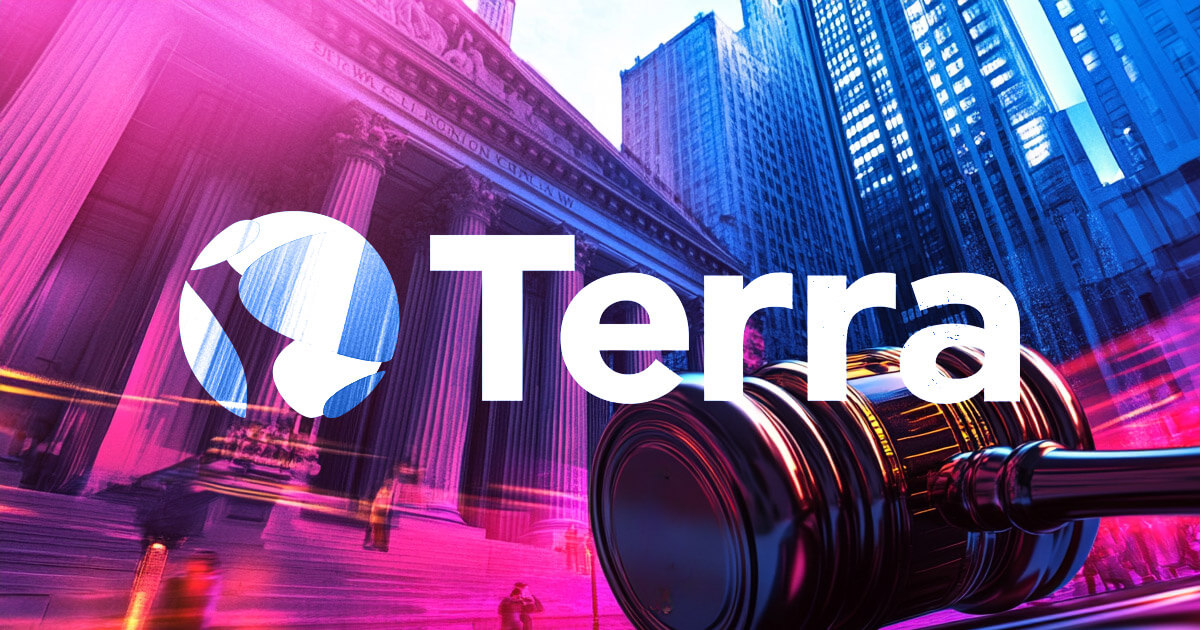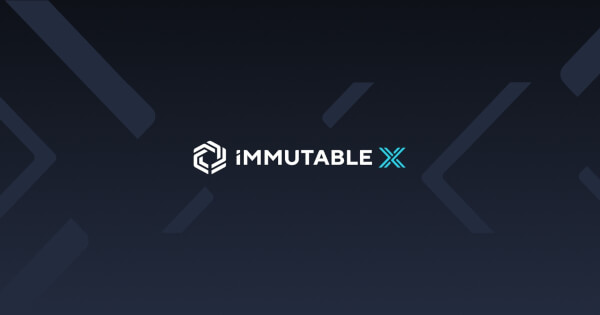French DeFi platform Atlendis has hit two significant milestones in its quest to reshape the future of finance.
First, it obtained a PSAN, the French equivalent of a crypto services provider license, demonstrating its commitment to complying with France’s crypto regulations and aligning with the upcoming European regulations, MiCA.
Notably, the PSAN registration served as a model for these new rules.
The second milestone was securing a €1 million loan ($1,108,055.00) from the French public investment bank, BPI.
These developments will fuel the growth of its newest product, Atlendis Flow, aimed at simplifying the decentralized lending protocol for institutional borrowers.
The new product allows for direct crypto-to-fiat transactions, providing on-chain liquidity for real-world use cases. The move, like many early blockchain initiatives in the pure finance space, is expected to cut costs and make processes much quicker by automating everything on-chain.
The traditional credit fund structure is also considered opaque, often only open to accredited investors.
Atlendis aims to make that more transparent and accessible to all investors, so long as they’re willing to KYC themselves.
Introducing Atlendis Flow
Atlendis was initially lending funds on-chain to Web3 companies, DAOs, DeFi protocols, and market makers. However, the collapse of FTX and subsequent market turbulence prompted Atlendis to adapt and evolve its offerings.
“Last year, the Three Arrows catastrophe and the FTX case showed that the market was immature,” Atlantis CEO Alexis Masseron told Decrypt.
Addressing criticisms against DeFi, including comparisons with Ponzi schemes, they opted to move to a new model.
“It was just too risky,” Masseron said. “It was not worth sending up loans that would give you 20% APY, because it would imply a high risk of default. So, we basically closed all our former pools to go towards real-world assets and fintech companies.”
Specifically, Atlendis turned its attention toward the private debt market.
“It’s a market that is exploding,” said Masseron. “It’s already massive, representing more than $1.5 trillion dollars as of today.”
The Atlendis Flow product acts as a bridge between the Atlendis protocol and customers’ bank accounts, allowing for that bridge to pass on custody and an off-ramp for online customers.
Having a PSAN license was a prerequisite to onboarding these non-crypto companies.
“The PSAN is actually very well perceived in the world,” said Masseron. “Because right now, France has one of the clearest jurisdictions and regulations crypto-wise in the world.”
The registration will also let Atlendis set up wallets for borrowers to exit or enter directly from their bank accounts.
“When we were explaining to our clients that they need to install a wallet, then go to Polygon, they were saying that it was not their core business and they didn’t want to hire people just to do that,” said Masseron.
Two fintech companies, Karmen and Fluna, are already benefiting from Atlendis’ services.
Karmen offers non-dilutive growth financing to digital businesses, while Fluna serves as a pan-African trade finance marketplace, providing access to credit, market intelligence tools, and support for mid-market exporters in Africa.
With many other companies ready to join, this trend is expected to onboard more non-crypto businesses onto the blockchain.
“It’s not a matter of ‘if’ but it’s a matter of ‘when,’” Masseron said. “We are treated seriously now.”
Credit: Source link















































